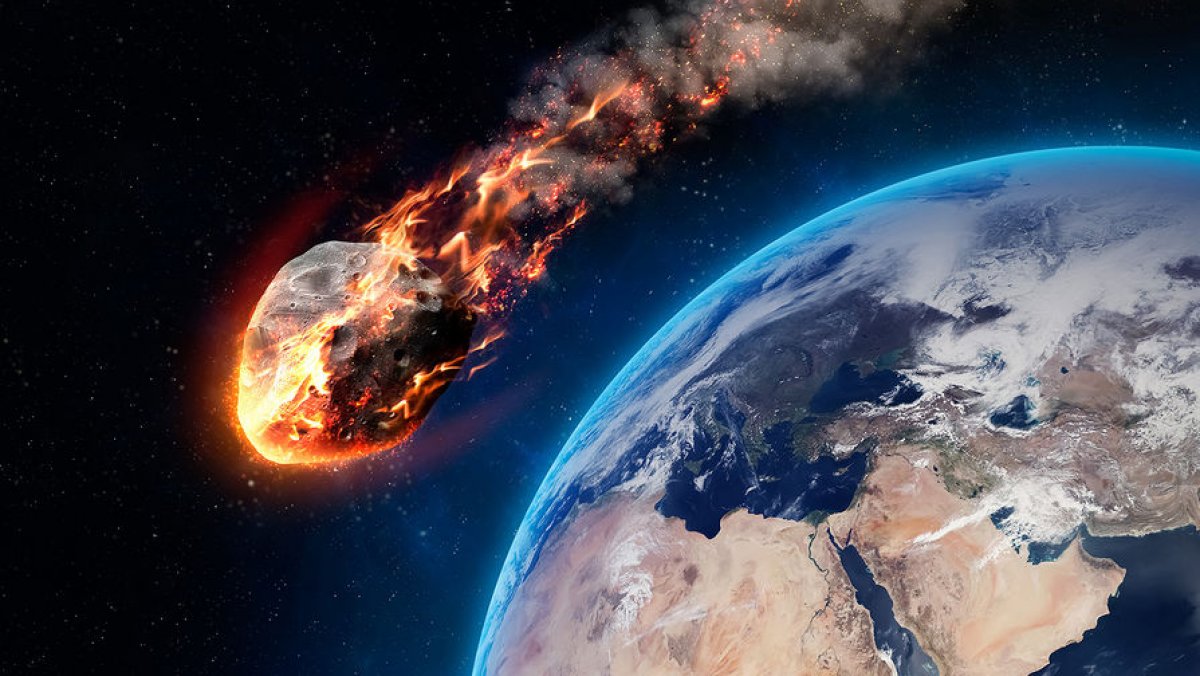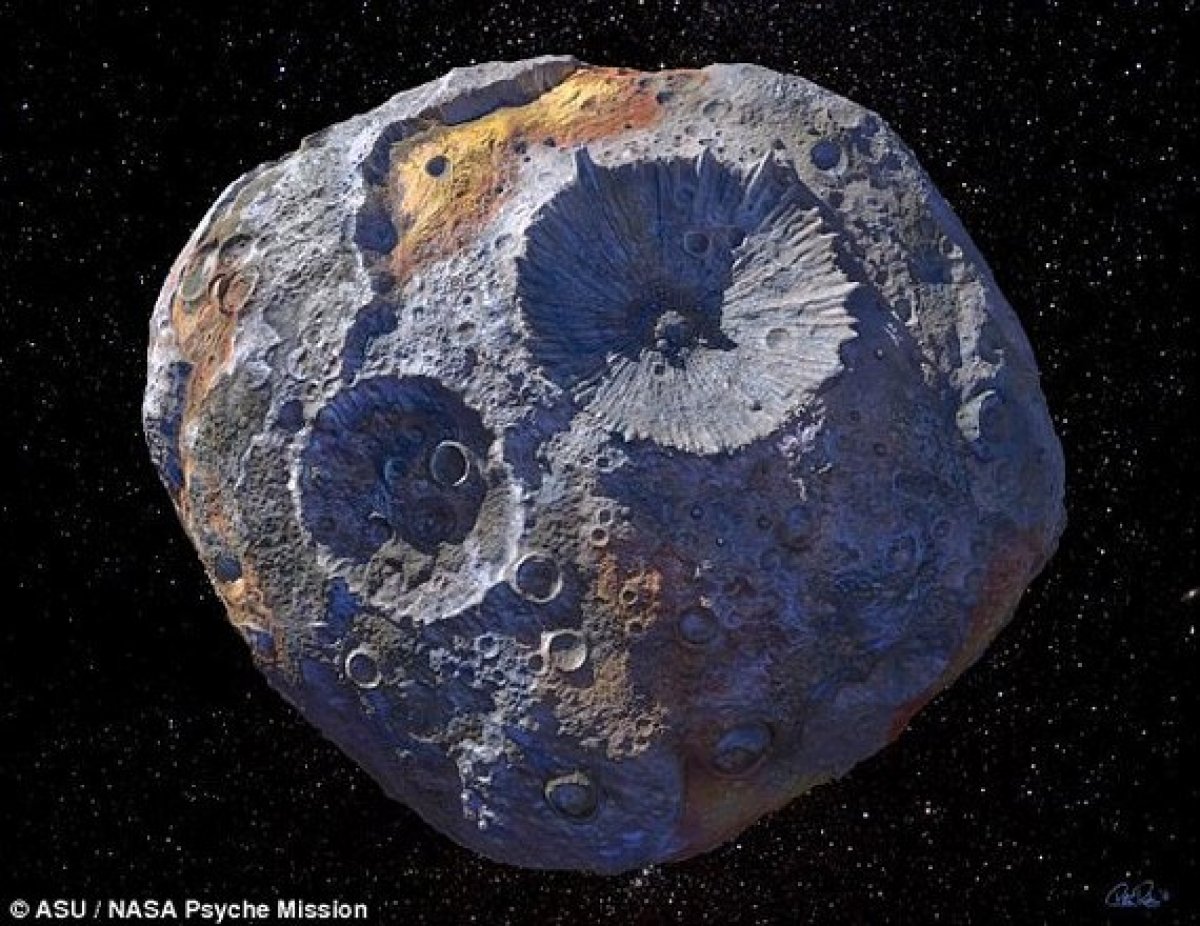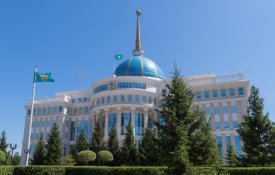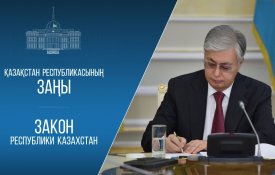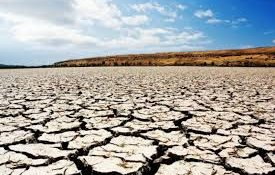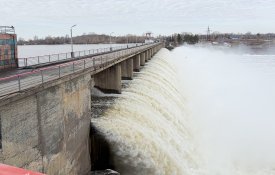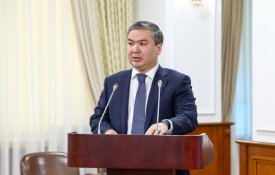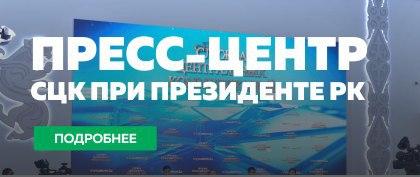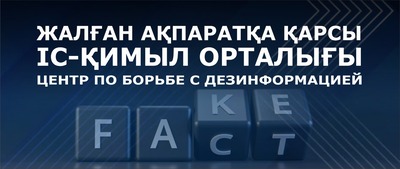The team presented their work to analyze the data of volcanoes and asteroids. This is reported on the website Today.kz with reference to the Foundation of the First President of Kazakhstan - Elbasy.
Kazakhstanis Timur Ryspekov, Vladislav Polonsky and Anastasia Kleshcheva won first place in the NASA SPACE APPS CHALLENGE competition in the USA. Their work was rated in the category “The best use of hardware”
Nasa Space Apps challenge is an international mass competition aimed at exploring space and Earth. Nasa Space Apps challenge includes collaborative solutions to problems and global needs that apply to both life on Earth and space exploration. In total, 25,000 people from almost 70 countries took part in the competition. The final of the competition was held in New York from October 19-21.
The Kazakhstan team presented their work to analyze the data of volcanoes and asteroids. The solution is based on a quantum random number generator, with which you can analyze the data provided by NASA and conduct various simulations based on them to predict possible disasters and their solutions. In addition to the quantum generator, Kazakhstanis presented a robot that will collect data near volcanoes or on asteroids.
Kazakhstanis Timur Ryspekov, Vladislav Polonsky and Anastasia Kleshcheva won first place in the NASA SPACE APPS CHALLENGE competition in the USA. Their work was rated in the category “The best use of hardware”
Nasa Space Apps challenge is an international mass competition aimed at exploring space and Earth. Nasa Space Apps challenge includes collaborative solutions to problems and global needs that apply to both life on Earth and space exploration. In total, 25,000 people from almost 70 countries took part in the competition. The final of the competition was held in New York from October 19-21.
The Kazakhstan team presented their work to analyze the data of volcanoes and asteroids. The solution is based on a quantum random number generator, with which you can analyze the data provided by NASA and conduct various simulations based on them to predict possible disasters and their solutions. In addition to the quantum generator, Kazakhstanis presented a robot that will collect data near volcanoes or on asteroids.


